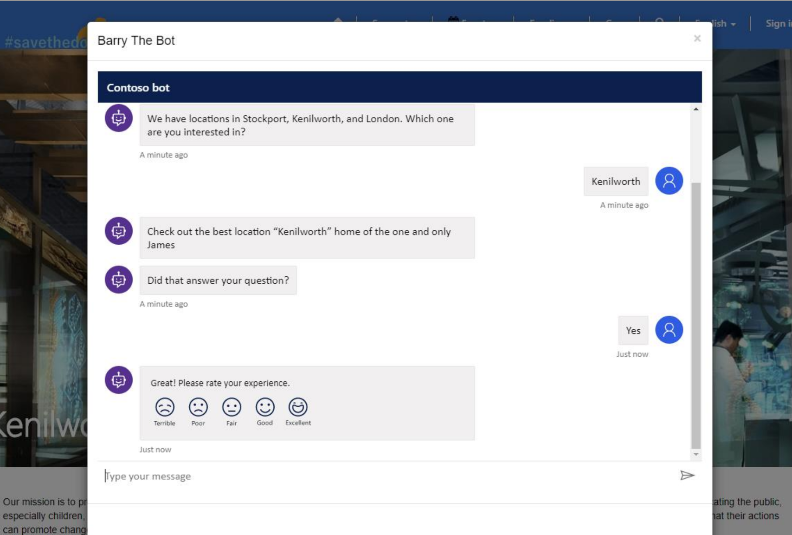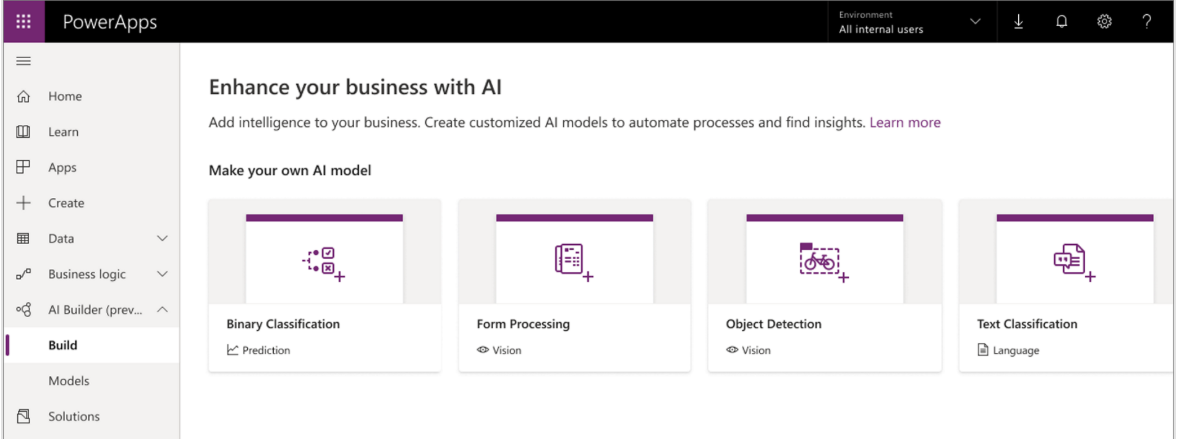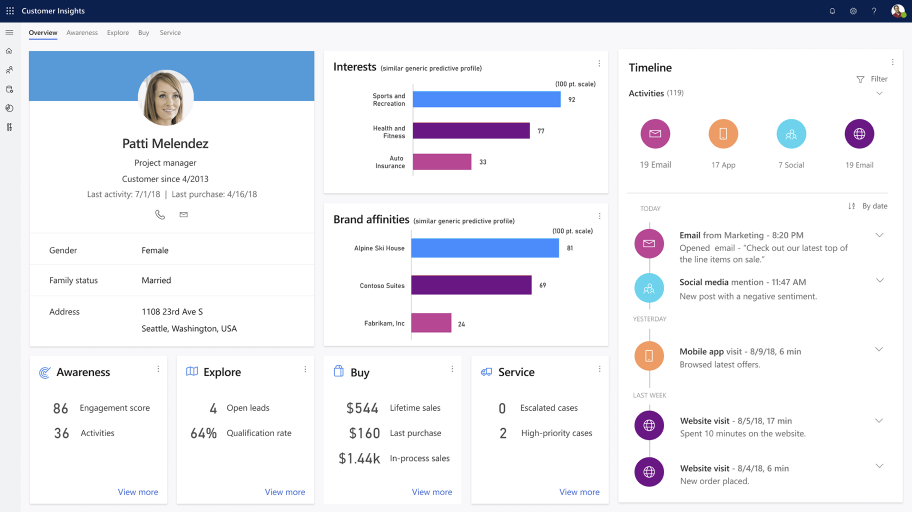Artificial Intelligence (AI) has been described as the future in the technological age we see ourselves in. But what does this exactly mean for charities? How does its role play an important factor in the third sector? And how can all sizes of charity benefit?
According to the Oxford Dictionary, the definition of AI is “the theory and development of computer systems able to perform tasks normally requiring human intelligence, such as visual perception, speech recognition, decision-making, and translation between languages.” But what does this mean? The first thing that usually comes to mind when thinking of AI is the voice-based virtual assistants you find within smart phones and speakers, but the definition means so much more. The term AI applies to a wide set of technologies programmed to copy the cognitive function of human minds in many ways.
Let’s Talk
In the retail sector companies like Amazon have ‘chatbots’ which answer customer questions online in place of a human service agent. The charity sector will soon be following suit, with ‘chatbots’ replacing humans offering advice.
While most ‘chatbots’ are in the early stages of development and can’t quite mimic human-to-human interaction in terms of advice, the big tech companies like Microsoft are anticipating the success of these types of services, and so the technology is likely to be dramatically more useful and intelligent over the next few years.
Virtual Agents for Customer Service
By 2021, 15% of all customer service interactions will be completely handled by AI, an increase of 400% from 2017 (Gartner).

Most charities have large amounts of information buried within their websites that could be leveraged using Microsoft’s Dynamics 365 Virtual Agent. For example, questions can be answered such as “How can I update my pledge information?” or “What is my nearest event or local charity shop?”.
These interactions are no longer limited to basic pre-defined responses with the integrations available now in tools like Microsoft Flow. Chatbots can be extended to expose and update data in Dynamics 365 Business Central and CRM.
In the past, interactions such as “What is the status of my event booking?” would have been a very bespoke chatbot, only available to the very top tier of retail organisations. Now, these interactions can be created by Power Users using the tools provided within Microsoft’s PowerPlatform. By automating these processes, charities can extend the level of support offered past the normal 9am to 5pm working hours.
The AI Builder for the PowerPlatform (Citizen Developer of AI)
With charities dealing with data in both paper and digital formats, it’s often a very time-consuming task to read / process / classify this information, with staff often stuck in repetitive business processes.
To help improve some of these processes, this is where Microsoft’s AI Builder comes into action. By using “Form Processing” AI, charities can automate some of the processes around the submission of supplier invoices into Dynamics 365 Business Central or Customer Engagement. Previously we used automated tagging as part of grant applications before human intervention.

There are so many options to improve business processes whilst also reducing time consumed on basic tasks with the PowerPlatform, making this an exciting time to be a part of!
Customer Insights (all your data in one place)
One of the key elements of a good AI model is data and lots of it. This is where one of the latest Microsoft tools comes into its own.
Customer Insights can create a large data lake of all your information, to which rules can be applied to create a golden supporter record. Think of Dynamics 365 as one of many rivers of data, with other rivers also feeding in from web analytics or maybe even shop / till sales or public wifi at your venues.

Once these data sets have been blended together, you can then build out selections/groupings and predictive churn rates to better target individuals within Dynamics 365. By having this level of insight, charities will have the option of delivering micro campaigns with a higher return rate and the ability to start to model what the key factors are in gaining / losing recurring givers or event participants.

Fundamentally, advanced technologies like artificial intelligence can unlock solutions for some of the biggest challenges facing charities. This is why many of the technology giants like Microsoft are investing so many resources into its development. For example, Microsoft has invested in its AI for Good initiative; a $115 million, 5-year commitment to use artificial intelligence to help address these challenges. The use of AI is therefore set to play a key part in the future of the charity sector. This, together with people with the right technical skills, can only improve how charities operate and ultimately help them to more efficiently achieve their missions.

